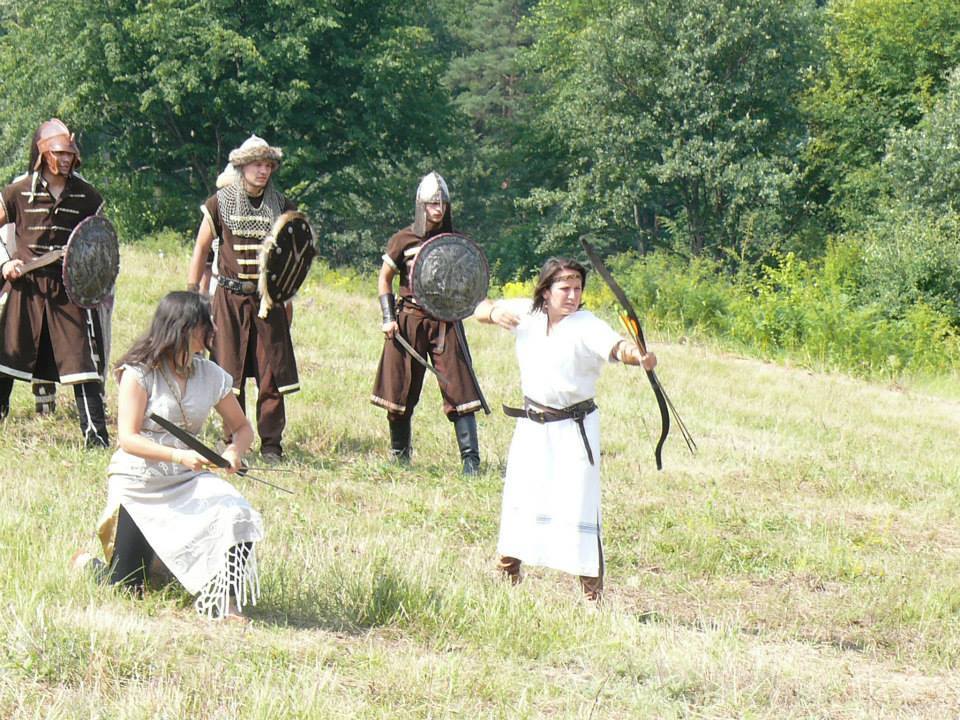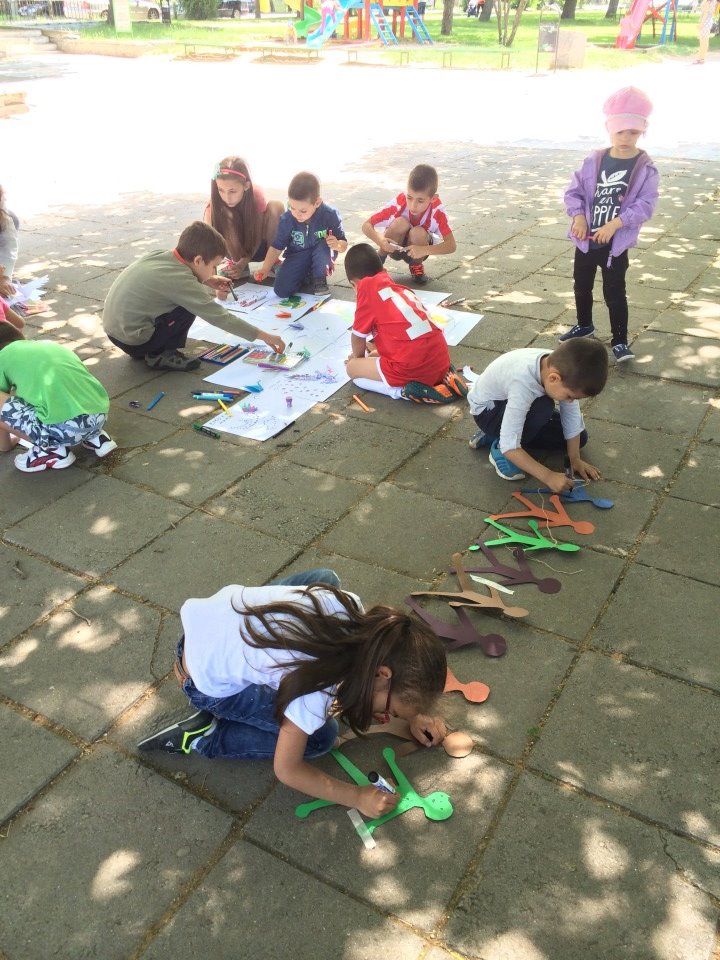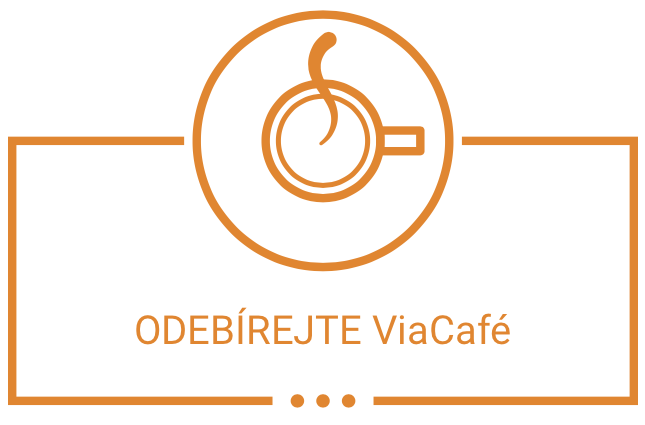Lazarina Boneva’ s parents have always been active in the social and political life of Bozhurishte in Bulgaria. As a child, Lazarina hated it. Not only were her parents not at home very often, but when they went out for a walk, many people would stop them to talk about “boring” stuff. “I thought that there was no way that I would ever do the same thing as my parents,” smiles Lazarina. She broke her promise when she was 26 years old and took her first volunteer trip to Poland. Since then she has become even more active than her parents – working as a lawyer, running her own NGO and volunteering for her community.
Anna Batistová spoke with Lazarina about her work.
You have travelled around the country and around Europe to participate in different youth initiatives and projects… How did all this travelling bring you back to your hometown, Bozhurishte in Bulgaria?
My hometown was a typical bedroom community. It used to be a military town base and after the army left, part of its social life was gone, too. The town is close to the capital so many people study or work in Sofia and only spend nights and weekends in Bozhurishte. But the main problem I saw was that the local community was not focused on young people – there were no cultural, educational or sports activities for children and youth. When I travelled around the country and around Europe to participate in different youth initiatives and projects, I realized that since high school, I had never participated in anything in my hometown, because there was simply nothing to participate in. At some point, I realized I wanted to transfer the good things I saw around Europe to my hometown.
With the help of the ViabilityNet program, you managed to build the Youth Mobile Center Bozhurishte and organised a lot of projects there: a summer school, Spanish lessons, career orientation sessions… What feedback have you received and how is the Center functioning now?
The feedback from the whole project was great. We had more than 300 participants and more than 50 volunteers and the most important part was that some local businesses offered food, drinks and materials for free. Luckily the local school (the main partner in the project) has managed to continue the activities. Two of the teachers who were appointed to our project managed to apply for funds and were awarded funding from the Erasmus plus program and the Science and Education program of the Bulgarian Ministry of Education. And during the spring the Morning for dreamers (the NGO Lazarina is managing, editor´s note) will continue with career orientation sessions.
What are your plans for the next sessions?
The sessions I organized in 2016 gave 40 local high school students opportunities to meet with successful professionals from our hometown – a university professor, an IT specialist, a dentist, a lawyer and an HR specialist. We did some CV and job interview workshops. The next set of career sessions will target high school students again, but this time I think it must also include basic legal advice for young people: what to expect from employers, what to do if there is no contract, how to quit legally, what rights they have in relation to working hours and holidays and so on.
Even though you decided to focus your activity on youth, your project resulted in an overall higher level of voluntarism in your local community. How did that happen?
My team and I could not find enough volunteers from among local youth, as some of them were not serious enough, so we started asking older people for help. It turned out that senior citizens have a lot to give to community work. They just needed a noble cause and an organization to activate them.
Was this new wave of voluntarism in your community one of the reasons that you have gradually shifted to activities that include layers of the population other than youth?
Definitely yes. The women from the ladies’ club of Bozhurishte, that unites more than 50 local women, most of them retired, inspired me to look for funding and to develop the Peony initiative. It aims to plant 1,000 peonies in my hometown because the name of the town comes from the peony flower – bozhur. Planting peonies and reviving the peony tradition was their idea.
How do you plan to develop the initiative?
I am planning a few volunteer activities for the spring. I hope to organize two or three peony planting workshops in April and May that will be open to the public. During these workshops the ladies from the ladies’ club will show and exchange methods of planting and growing peonies. The biggest challenge will be to get permission from the municipality to plant in the town centre.
If you were to talk about just one thing that you have managed to change in your hometown, which one would it be?
Well, I am happy that after my project other people started trying to do social projects. I think the visibility of our activities made other people do the same.
Do you have the feeling that by working for your community you have somehow personally changed? Have you learned something new about yourself?
During the Youth Mobile Center project, I found out that I could be very flexible and that I am able to ask and get money. This is a great personal change for me, because generally I am a very proud person. And during the project I found out that asking local businesses for help – materials or money – won’t kill me. If it is a noble cause and if it is a small amount they are ready to give even without asking.
What did the ViabilityNet program mean to you and what would your message to all potential participants be?
On one hand, the ViabilityNet program opened my eyes to urban planning and public spaces. On the other hand, it enabled me to meet my kind of people. The symbiosis in our Via group was almost magical, we shared and still share so many experiences and ideas. That is why the only thing I can say to all potential participants is: click the button and apply!
Lazarina Boneva (1985) is a Bulgarian lawyer, NGO worker and a volunteer. She is a manager in the NGO organization Morning for dreamers and has participated in many projects, international projects and local initiatives. Her most recent project, called “Small ideas, big decisions”, gives young people from the Sofia region opportunities to engage in small local projects. The project is funded by MitOst Foundation as a part of the Civili Society Exchange program.






